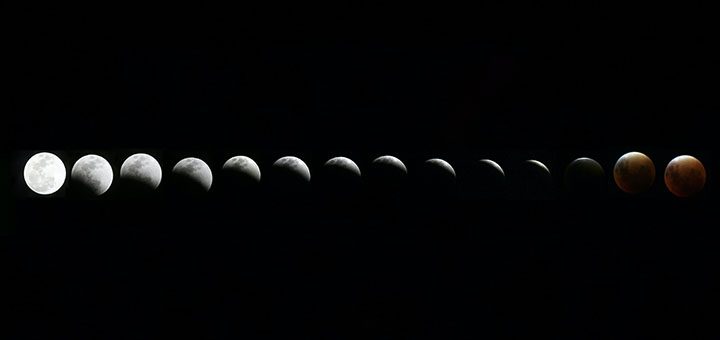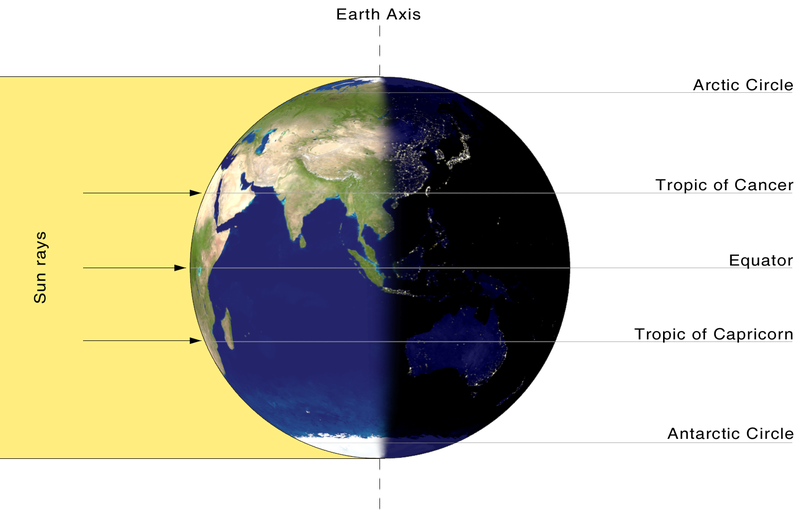
When is Easter?
Anyone can tell you the date Christmas or Valentine’s Day is, but when if ask the same question for Easter, that’s a different story…
We’ll as you probably know it’s because it isn’t on the same day every year, but do you know why, or how it is decided? Most people will know it is something to do with the Moon, and they would be right! (you can jump further down the blog to calculate when Easter is for any year you want)
So let’s get into this and find out why Easter is when it is.
Firstly Easter is a Christian holiday, it is to commemorate the resurrection of Jesus from the dead, the New Testament describes this as having occurred on the third day after his burial. It is celebrated over a week starting with Maundy Thursday to commemorate Maundy and the Last Supper and then Good Friday commemorating his death and finally Easter Sunday.
As the celebration is around specific days of the week rather than a specific date, means it’s going to vary. In early Christianity it was a major controversy in which Eastern and a Western position were in conflict.
In the year 325 The Council of Nicaea decreed that Easter should be observed on the first Sunday following the first full moon after the spring equinox (March 21st), so Easter could fall between March 22nd and April 25th. This calculation of the date can be done in advance from a correlation between the solar year, lunar months while also accounting for the month, date and weekday of the calendar.
This was not however universally accepted and to this day Eastern Orthodox churches use a slightly different calculation based on the Julian rather than the Gregorian calendar which is now 13 days ahead of the Julian calendar. Most of the world adopted the Gregorian calendar which reduces the average year from 365.25 days to 365.2425 days thus correcting the drift against the solar year that the inaccuracy had caused during the intervening centuries. The Julian calendar gains a day every 128 years.
In the 20th century several attempts were made to arrive at a fixed date for Easter, with the Sunday following the second Saturday in April specifically proposed. While this proposal and others had many supporters, none came to fruition.
To complicate things further, the date is based off the Equinox of 21st March, however the actual equinox does not always happen on 21st March! Equinoxes happen in March and September, these are the days when the Sun is exactly above the Equator, which makes day and night equal length. So Easter could be calculated from the actual equinox date which could be 19th March which would means it would jump forward one week.

In 2019, for example, the March equinox in the Western Hemisphere happened on Wednesday, March 20, while the first Full Moon in spring was on Thursday, March 21 in many time zones. If the Church followed the timing of these astronomical events, Easter would have then been celebrated on March 24th, the Sunday after the Full Moon on March 21st. However, the Full Moon date in March specified by the Church’s lunar calendar, also called the ecclesiastical Full Moon, was March 20st, 2019—one day before the ecclesiastical date of the March equinox, March 21st. For that reason, the Easter date 2019 was based on the next ecclesiastical Full Moon, on April 18th. This is why Easter Sunday 2019 was on April 21st!
How do you calculate when Easter is?
So if you want to calculate when Easter will be (without just looking it up online) it’s not that easy! In simple terms Easter falls on the first Sunday after the full moon date that falls on or after 21st March, if the full moon is on a Sunday Easter is celebrated the following Sunday. The actual calculation to work out when Easter is in any particular year goes like this:
Step one: Divide the year number by 19:
e.g. 2021/19= 106.37
Step two: Multiply the number before the decimal point by 19.
e.g. 106 x 19 = 2014
Step three: Subtract step 2 from the original year.
e.g. 2021 – 2014 = 7
Step four: Add 1.
e.g. 7 + 1 = 8
Step five: Look up this number in the following list (8), and Easter is on the first Sunday after the date given.
| 0 — March 27 | 10 — April 5 |
| 1 — April 14 | 11 — March 25 |
| 2 — April 3 | 12 — April 13 |
| 3 — March 23 | 13 — April 2 |
| 4 — April 11 | 14 — March 22 |
| 5 — March 31 | 15 — April 10 |
| 6 — April 18 | 16 — March 30 |
| 7 — April 8 | 17 — April 17 |
| 8 — March 28 | 18 — April 7 |
| 9 — April 16 | 19 — March 27 |
When is Easter 2021?
This year, Easter will land on Sunday, April 4th. (Eastern Orthodox Easter will take place on Sunday, May 2nd) This Easter is just one week after March’s full Moon (Sunday, 28th March), which is the first full Moon to occur after the spring equinox.
When can Easter fall between?
Easter will always fall between March 22nd and April 25th. The last time it was on 22nd March was way back in 1818 and the next time won’t be until the year 2285! The last time Easter was on April 25th was 1943 and the next time isn’t that far off, only 2038!
The most common Easter date will be April 19th which over time will take up 3.87% of all Easter Sundays!
But What have Eggs got to do with anything??
Eggs are associated with Easter, as eggs are a symbol of life renewal and rebirth and so the egg was adopted by early Christians as a symbol of the resurrection of Jesus, with the hard shell of the egg representing the tomb and the emerging chick representing Jesus, so that’s where your tasty chocolate Easter egg originates from!

Do any other holidays change date each year?
Yes! Easter is by no means unique for this, many other days and celebrations change date each year such as Hanukka, Mother’s and Father’s Days, Chinese New Year (in our calendars at least), Ramadhan, Remembrance Sunday are just some examples.
If you find the complexities of the moon cycles you might be interested in looking further with our Stargazers Almanac 2022 which will be your guide to the skies which features colourful and highly accurate charts in a large format which allow you to track the planets, locate the Milky Way, recognise the signs of the zodiac and watch meteor showers and other exciting planetary phenomenon!


